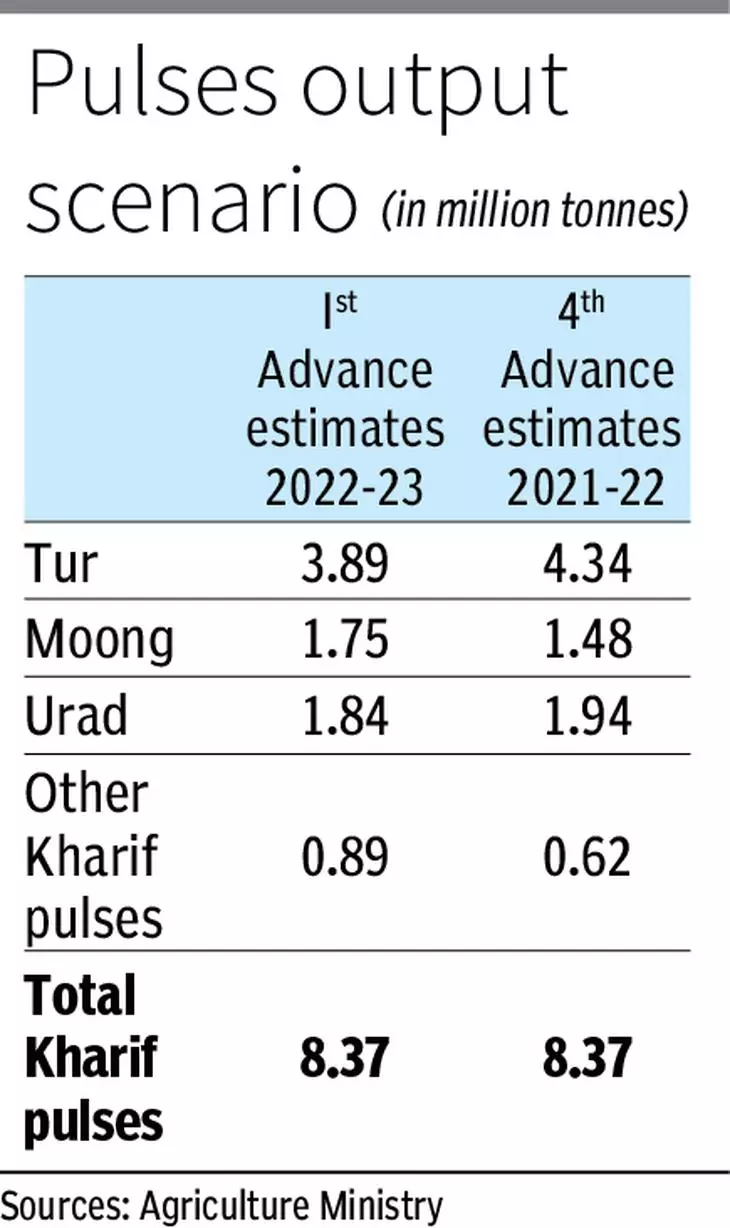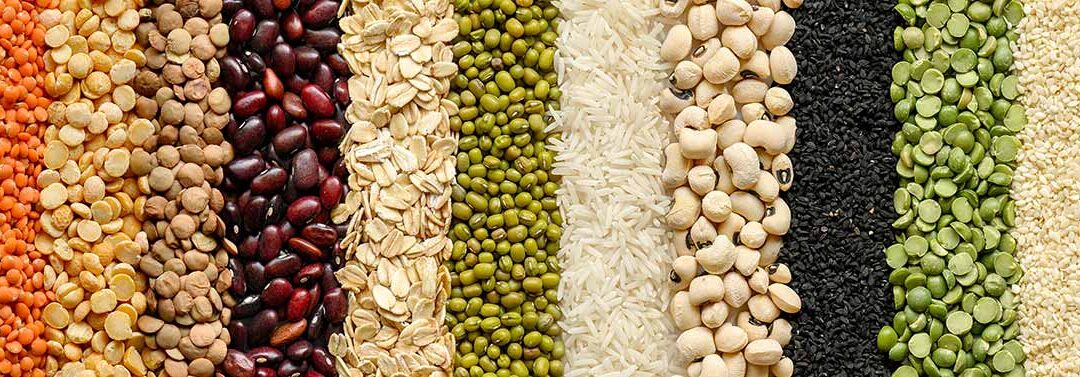Even as excess rains continue to hurt the kharif crops across key growing regions, the Government is looking to build stocks of imported pulses mainly tur (pigeon pea) and urad (black matpe) to augment supplies and for potential intervention in the market going ahead.
NAFED, on behalf of the Department of Consumer Affairs, has recently invited bids for the supply of imported tur at designated warehouses in Chennai, Nhava Sheva, Kandla and Mundra. The bids are for the supply of tur from origins such as Mozambique, Malawi, Tanzania, Myanmar and Sudan and of the 2022 crop year.
Similarly, bids have been invited for the supply of the whole urad of Myanmar or any other overseas origin at designated warehouses in Chennai, Visakhapatnam and Nhava Sheva.
Lower than estimates
“The Government does not have adequate stock of tur and urad and that’s the reason they are buying it to build stocks, so that going forward they can intervene in the market to stabilise the prices. Also, they know that the crop is damaged by rains and there could be a lower crop,” said Rahul Chauhan of IGrain India.
Chauhan said the tur has already started coming from African countries, while the domestic crop will start arriving from December.
Bimal Kothari, Chairman, India Pulses and Grains Association, said there is a crop damage in tur and the losses are likely to be known by the end of the month. The upcoming domestic tur crop might be lower than the Government’s first advance estimates of 3.89 million tonnes. Prices of tur, which had eased a bit with the start of imports from Africa, have now rebounded on concerns of crop damage. Tur prices, which had come down by ₹10 a kg in August, are now gone up to the same extent, he said.

Wrong signal
“It is not a good idea,” Kothari said on NAFED’s move to build stocks of tur and urad. “The government coming to buy gives a wrong signal in the market and that too when the crop is down. This gives a wrong signal to the exporting countries. They should buy only when there is huge availability and create buffer stock and not to intervene in the market when already there is a scarcity,” Kothari said.
Satish Upadhyay, an international agri commodities broker, said NAFED could be looking to buy around 1 lakh tonnes of imported tur and there is no carry-over stocks from the previous year. This year tur sowing was less and delayed and the crop has been impacted by the excess rains. Imports from Africa could go up to 7 lakh tonnes and from Myanmar about 2-2.5 lakh tonnes, which can help bridge the demand-supply gap. A near to clear picture of the domestic crop would be available in a month’s time as there has been some late sowing in Gujarat, Uttar Pradesh and Madhya Pradesh, Upadhyay said.

